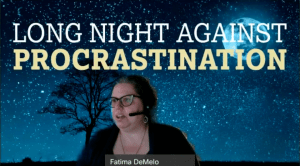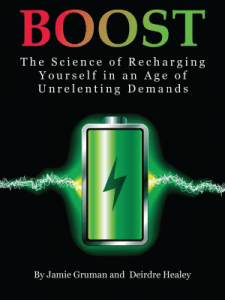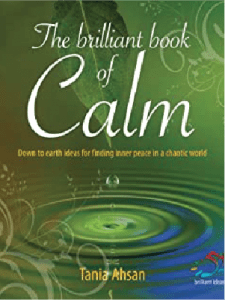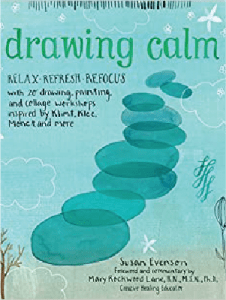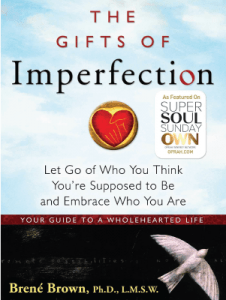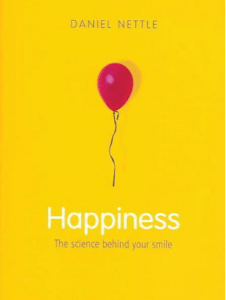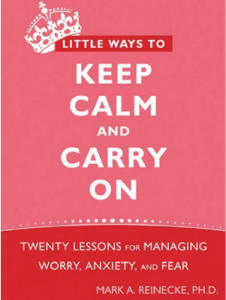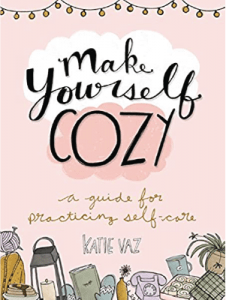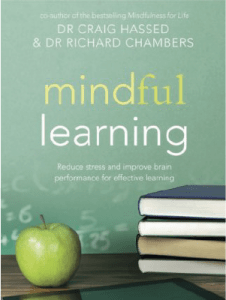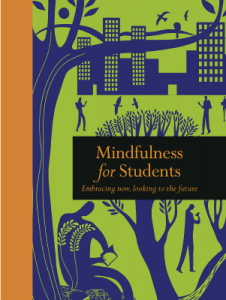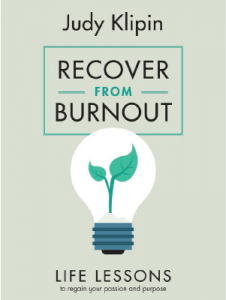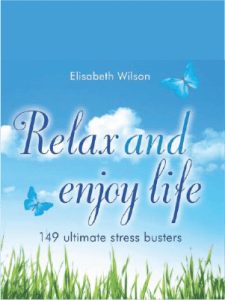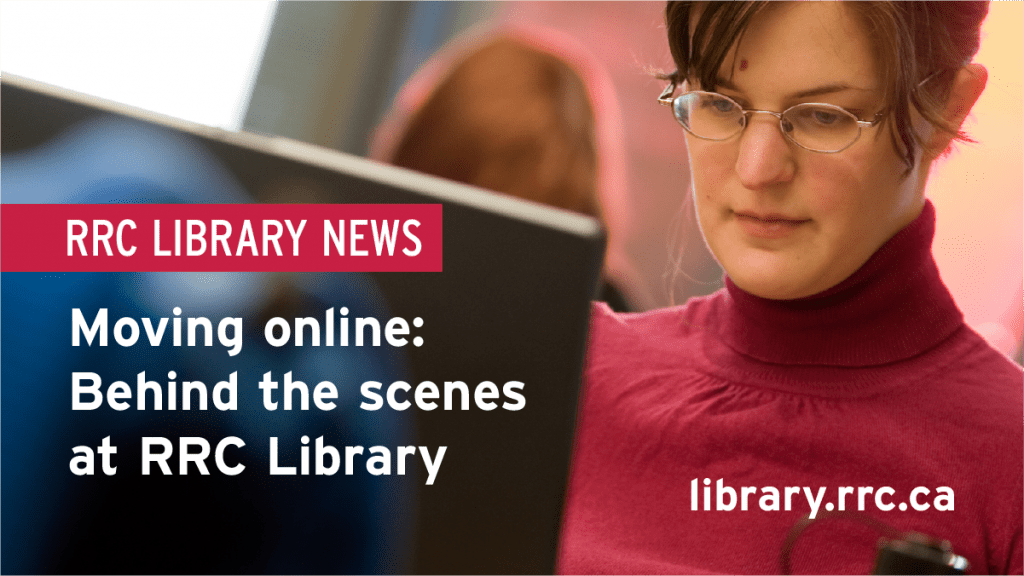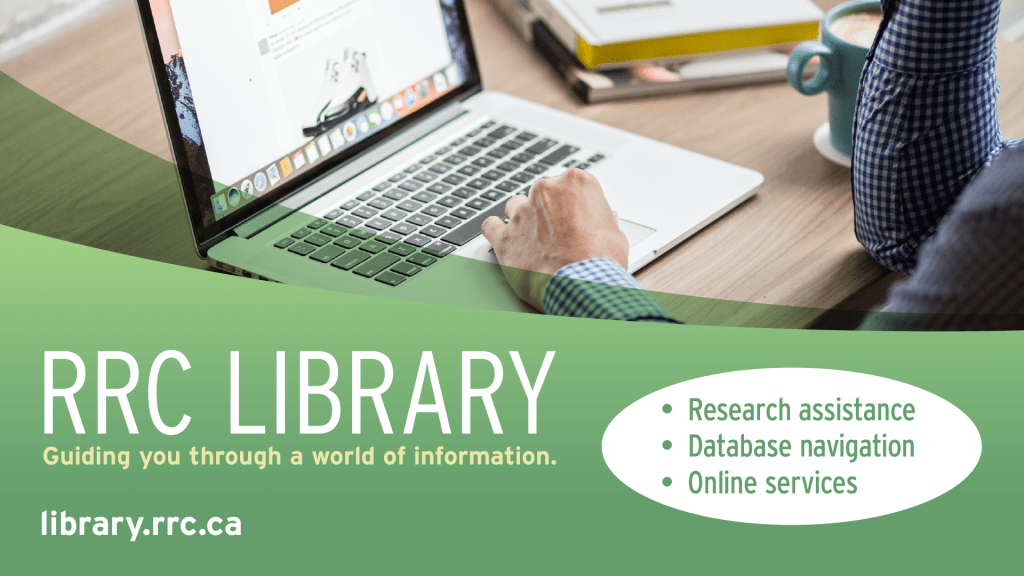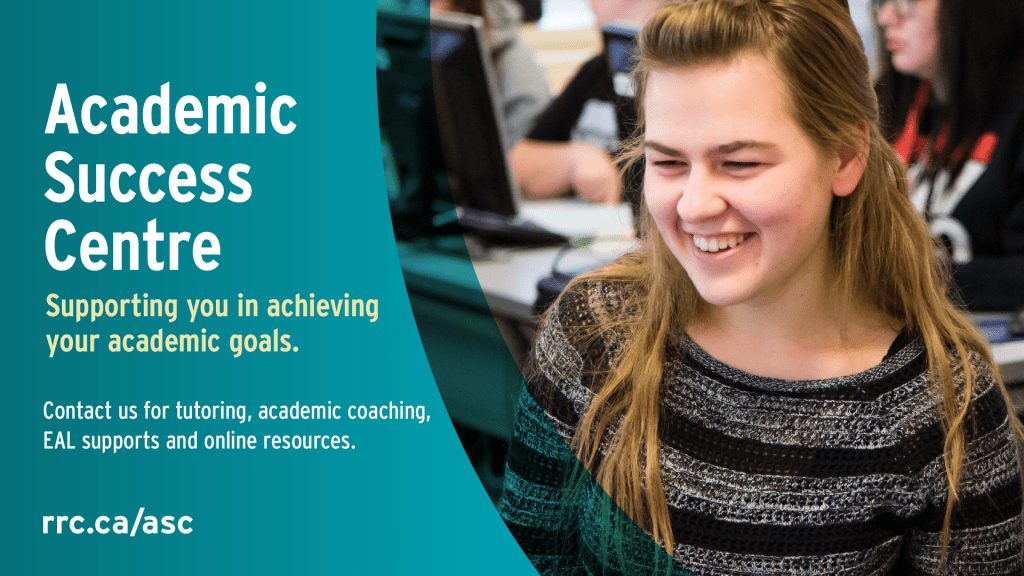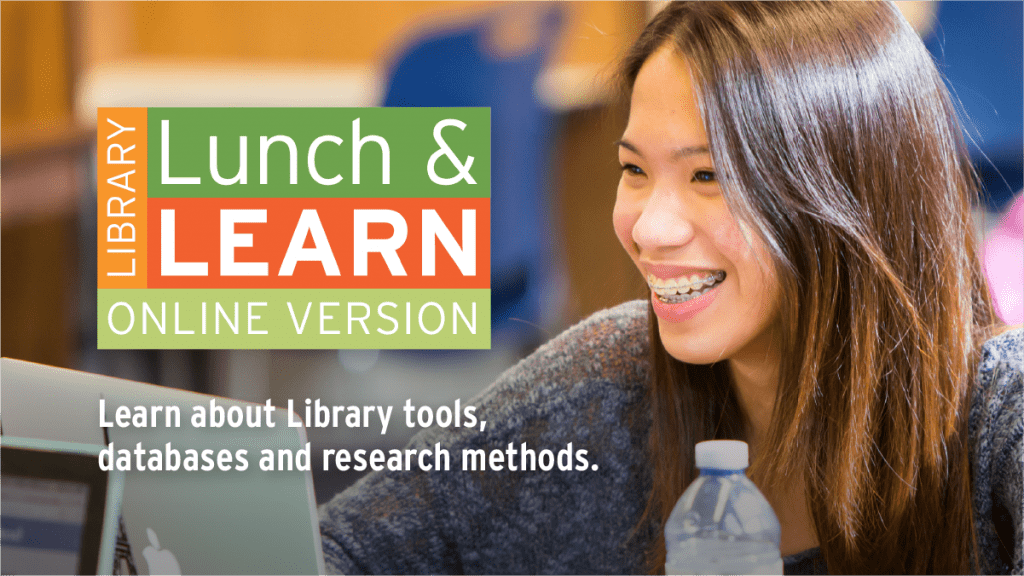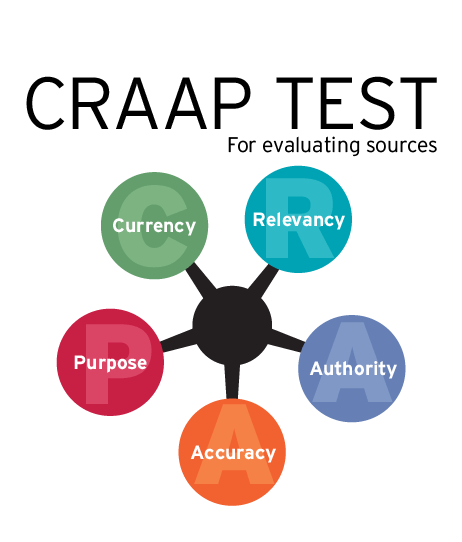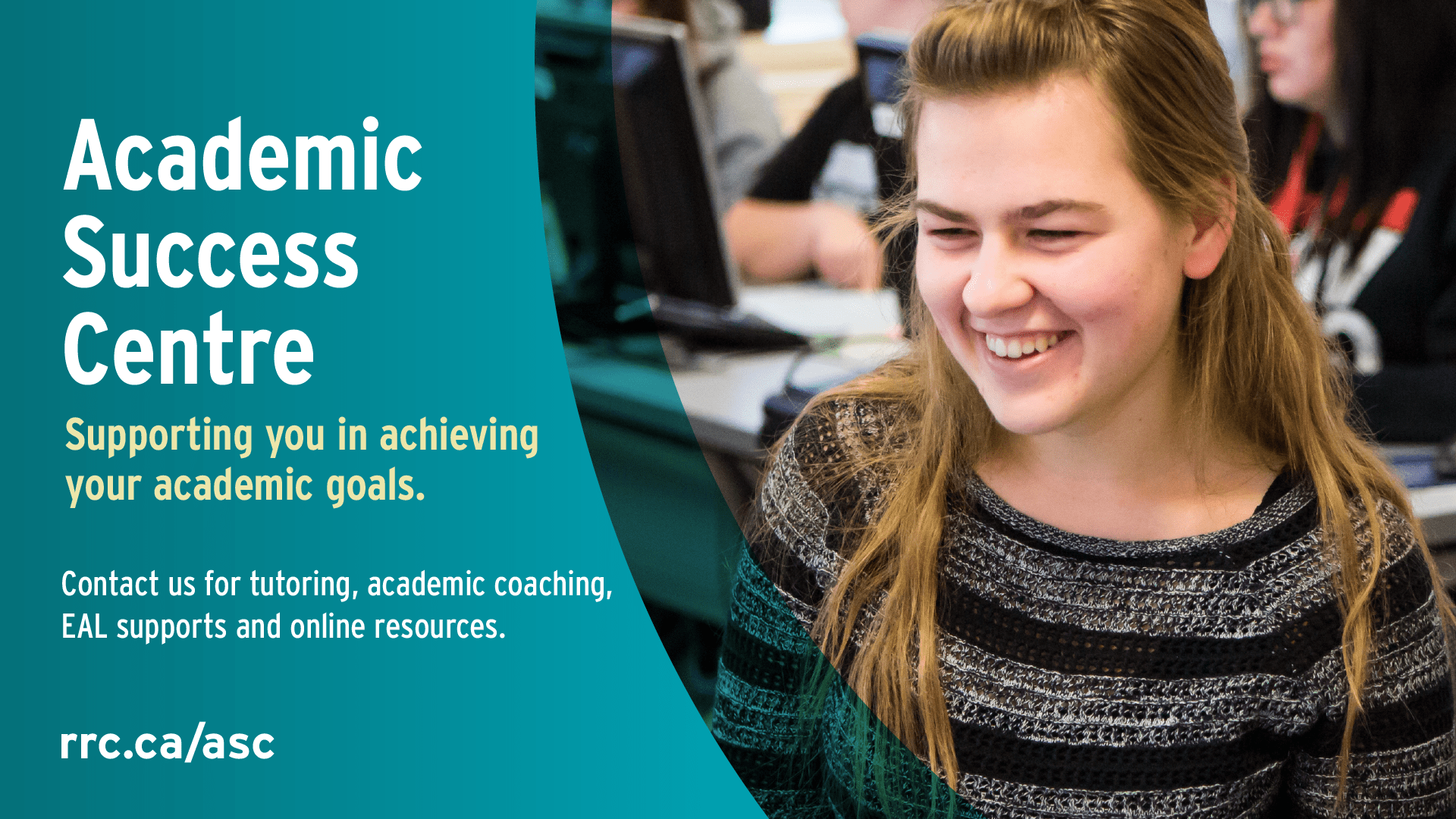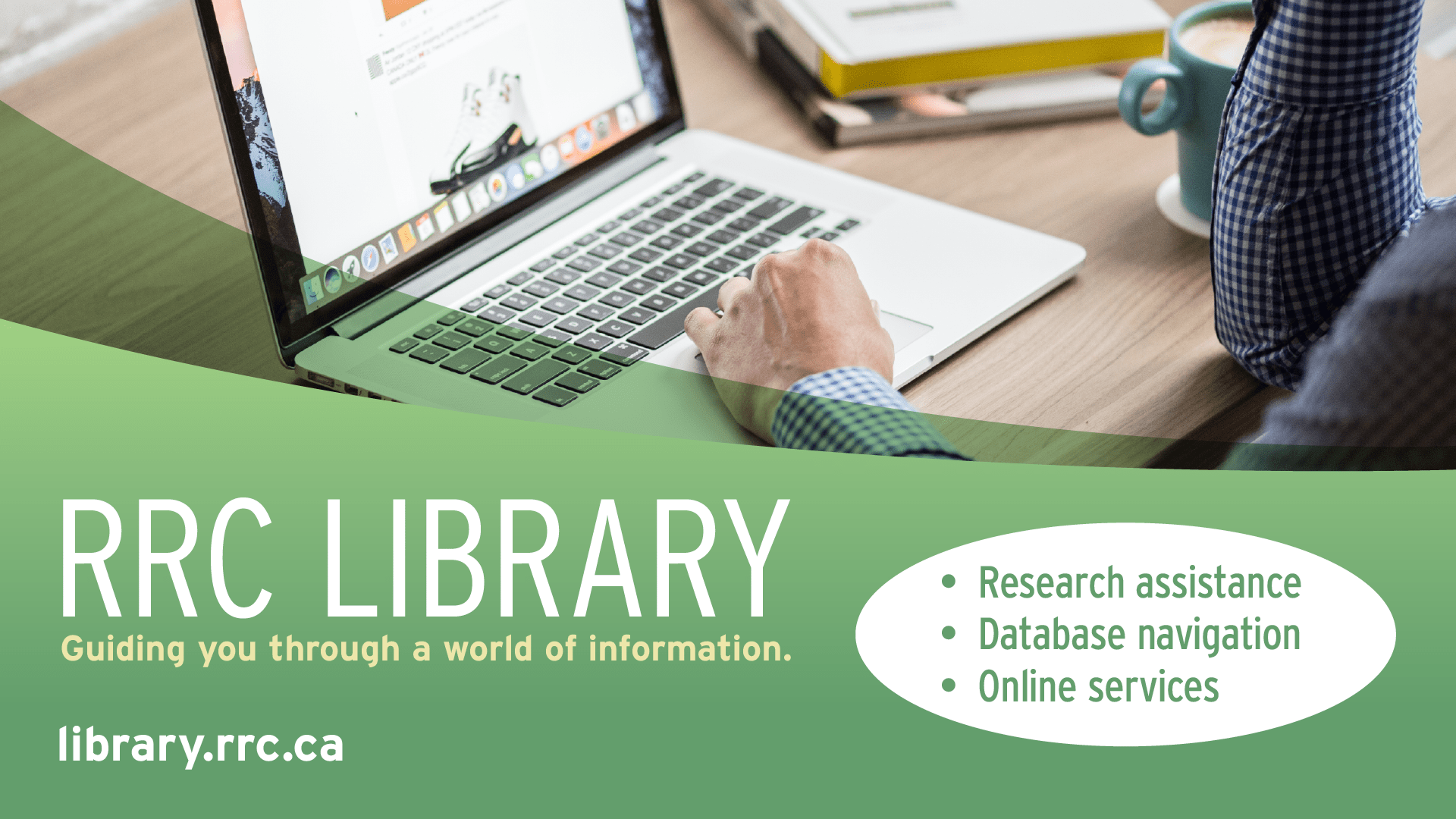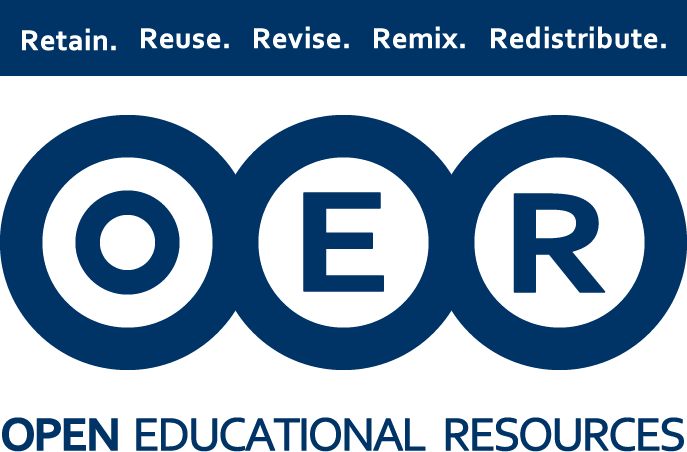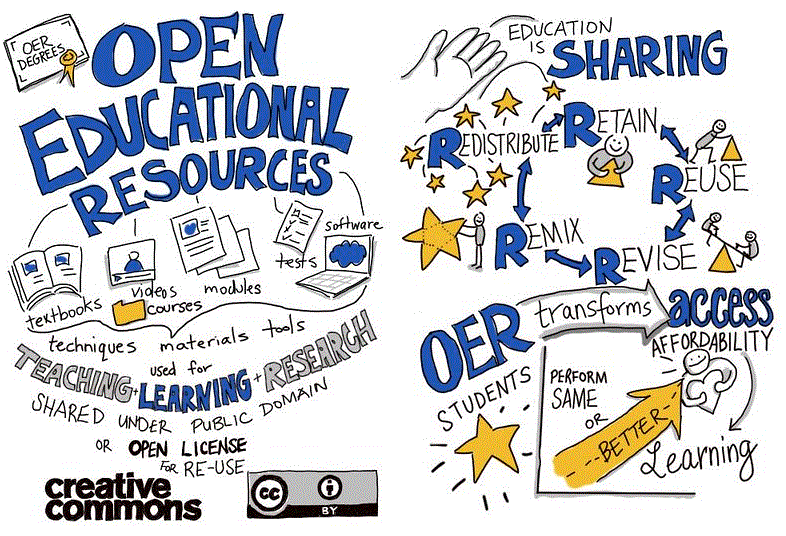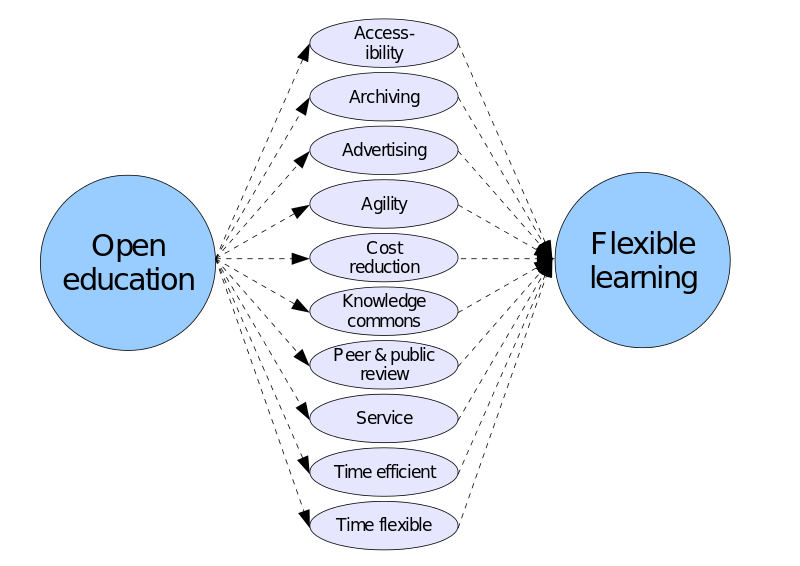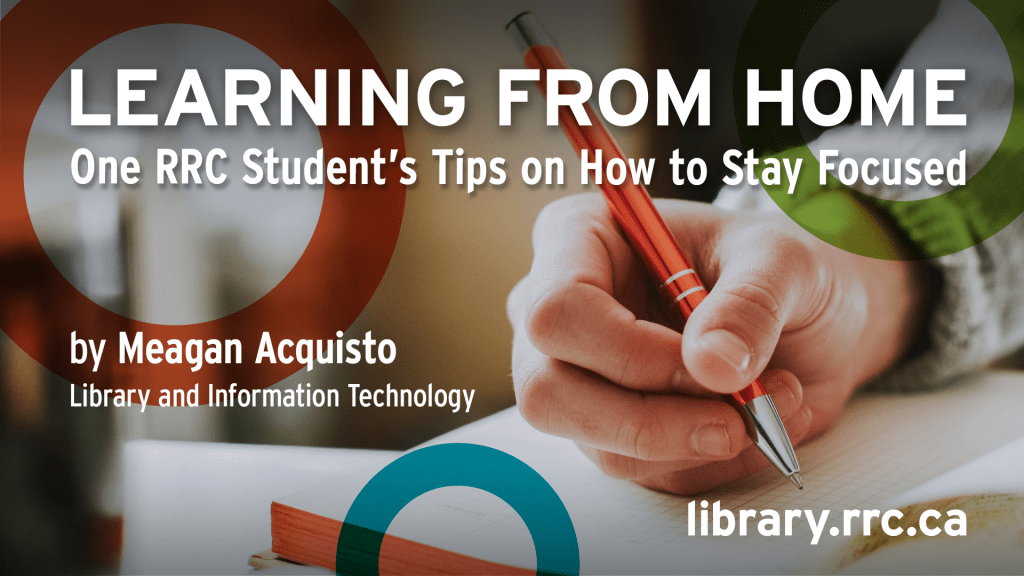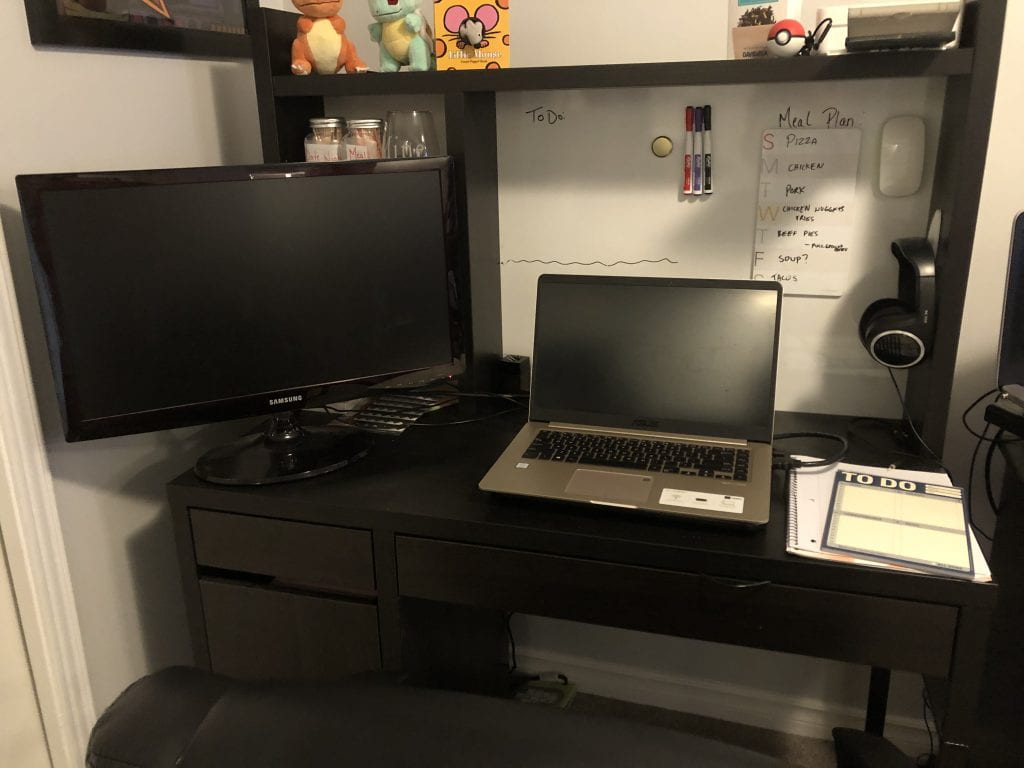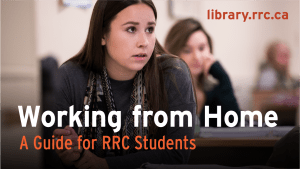Highlights of #RRCLongNight2021
Thank you to all of the staff and students who attended the virtual Long Night Against Procrastination on Wednesday, April 7, 2021. It was an encouraging evening, where students benefited from help desks, workshops, and wellness activities. The evening commenced with a Welcome Session in which Bettina Allen and Alan Chorney gave a quick tour of the event. Fred Meier gave a short speech, providing a dose of encouraging words and Elder Una said a blessing which set the tone for an uplifting evening.
A total of 54 students registered for the event. The most popular sessions were the Writing Help Desk hosted by Academic Success Centre, the Kahoot Game put on by RRCSA, and the workshop “Job Search: What Gets You Hired” presented by Student Employment Services. Congratulations go out to Riley Pritchard, who won the prize draw for a $20 gift card!
We have a few staff photos to share with you. As you can see, we had a lot of fun with virtual backgrounds!
To our students:
Our thoughts are with you, as you wrap up the term and set out to find employment and apply the skills you’ve acquired at RRC. We wish you opportunities that land within the paths of your dreams. Best of luck!





